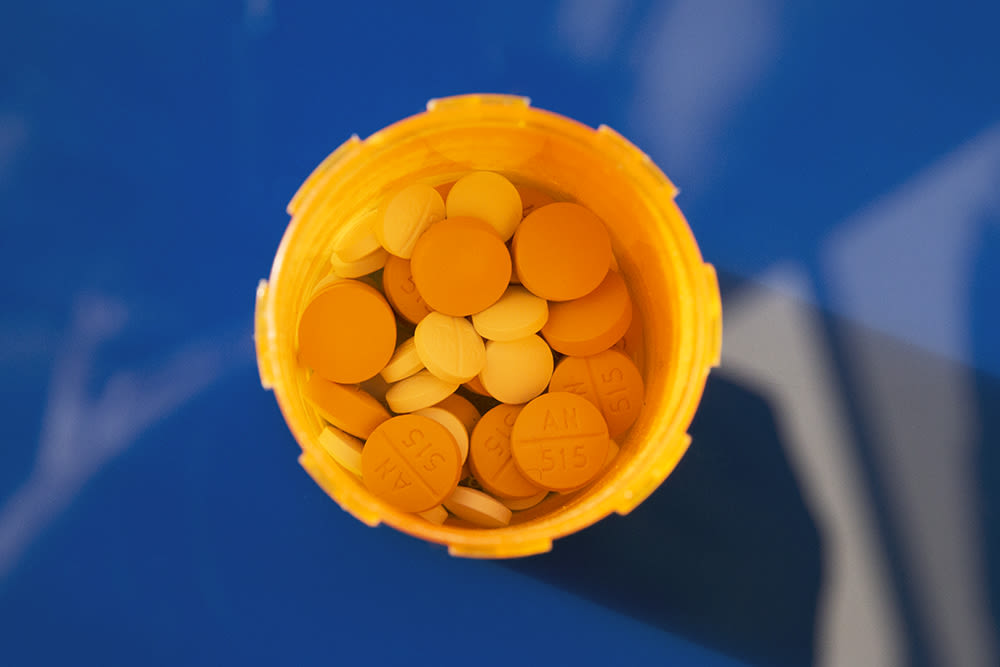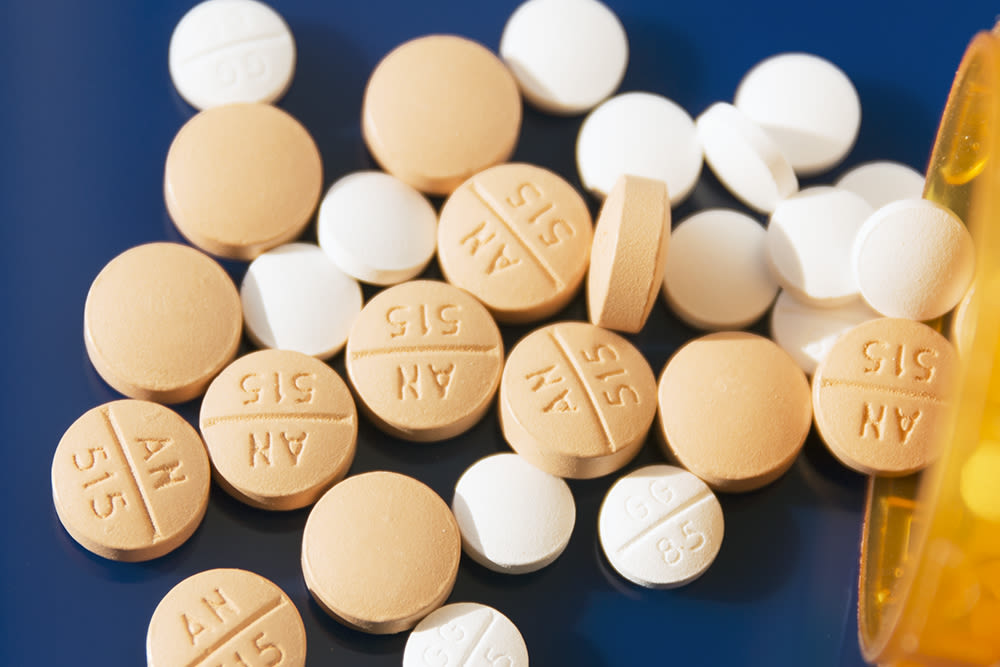When you talk about acne and its various treatments, experiences start to feel like different levels in a video game. Some people only make it to the topicals before their acne clears up, and some of us go beyond that, into retinoids, antibiotics, and medicated pads. Perhaps you'll take the bonus detour (The Pill), or maybe you go all the way and reach the super boss, Accutane. One thing you might not know, though, is that there’s a secret level: the level known as spironolactone.
It’s oral, it’s hormonal, it’s only for women (power up!), and it’s the only thing that’s worked for me. Originally formulated to treat hypertension and a few other cardiovascular troubles, spironolactone is a drug that, at a lower dose, can help with hormonal acne. It's also an androgen blocker (that delivers just the teensiest bit of progestin) and a diuretic. Let’s break that down, shall we?
Androgens (like testosterone) are responsible for a few masculine-leaning traits—things like body-hair growth and sebum production. Spiro blocks some of the body’s production of androgens, which is why it’s not generally prescribed to men. Though on my early days on spironolactone, initial searches led me not only to a death-is-surely-near WebMD article, but more originally, to several transgender community boards sharing stories about the drug. It’s prescribed to trans women for almost the same reason as it would be to me—to block male hormones. It’s likely my dosage varies with that of a trans woman, but it’s still interesting to be at that kind of intersection of experience. Sure enough, my body hair got thinner and lighter.
And though it treats hormonal acne, it's not a quick fix. Spiro takes abut three months to kick in, and it's possible you'll still get small monthly menstrual-cycle-related breakouts on it. The main difference is that you'll get a manageable, gone-in-two-days kind of zit—not an entire situation on your face. And right, it's a diuretic, which means you'll be going to the bathroom more times a day than you'd prefer. It's also potassium-sparing, which means there's a slight risk of building up too much potassium in your body. It's advised that you cut down on potassium-rich foods while on the drug (not a problem with papaya, tougher with tomatoes) and get your blood checked every six months to a year (depending on your dosage and doctor).
For a medical perspective, I spoke to Certified Physician Assistant Loree A. Easley of Mid-South Dermatology and Skin Cancer Center, who first prescribed me the drug back in the day. “I feel spironolactone is a wonderful medication to help post-teenage or adult female acne patients,” Easley said. “Adult female acne patients tend to present a typical pattern of acne close to the chin and jawline with hard nodules that are painful and long lasting, often with dark marks or scarring that occurs as the acne resolves,” Whereas other forms of acne could be bacterial, spironolactone treats the hormonal. “I like to explain that spironolactone is blocking the skin's sensitivity to testosterone, the male hormone that is causing the acne to the jawline where a male would have a beard,” she added.
I’ve been on spiro for a few years. As long as you keep coming up fine on your blood work, you can stay on it as long as you like (pregnancy aside, if that’s your thing—it doesn’t impact any kind of birth control if it isn’t). For some reason, spiro is the acne solution that still seems to fly under the radar, as it has nowhere near the cultural cache of Accutane nor the universal reputation of salicylic acid. And yet mercifully, after years of pustular frustration, it’s the one thing that has given me an ordinary complexion. Because that’s the thing with acne—if you have it long enough, you stop hoping for perfect skin. You just want normal, average skin—the kind of skin that the guy sitting next to you at the DMV has—not great, not bad, just regular-person skin that never gets complimented but also never gets uncomfortably scanned by your daily barista. And spironolactone lets me feel like that there’s nothing between me and the world at all—just the standard-issue body casing everyone else gets. Let me tell you, it feels great to just be regular.
So at the risk of sounding like a pharmaceutical ad, if you've got acne that's not going away, talk to your doctor about spironolactone. Pretty sure dermatologists love conversations that start with, “So I read on the internet..,”
—Trace Barnhill
Photographed by Tom Newton.




